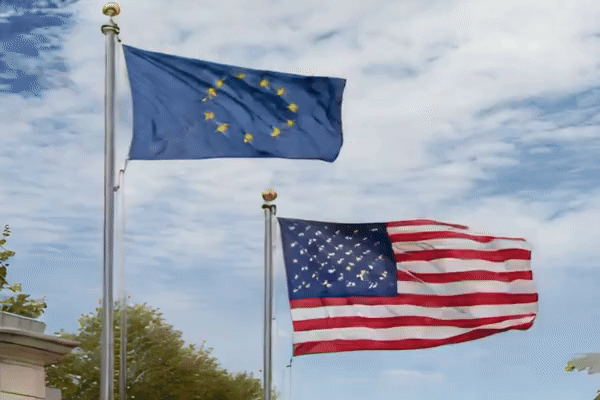The United States is looking across the pond to the Council of Europe for guidance on setting AI regulatory standards, reflecting a more cautious and observational approach. This shift highlights the US’s assumed strategy to align with existing global frameworks rather than pioneering its own set of rules amidst the fast-paced evolution of AI technologies.
The COE’s AI safety treaty, recently endorsed by the UK and the EU, aims to create a unified and collaborative approach to AI governance, with a strong emphasis on ethics, accountability, and transparency. This treaty is designed to address widespread concerns about AI’s impact on society, including potential biases, privacy violations, and the ethical use of autonomous systems.
Recognized for its long-standing commitment to human rights and ethical governance, the COE is emerging as a leading voice in the global conversation about AI standards. This development suggests the US is more apt to take cues from international frameworks as it navigates the complex roadmap of AI regulation.
Why It Matters: The US’s engagement with the Council of Europe’s approach indicates a preference to observe and potentially integrate international norms, reflecting a broader strategy to manage AI risks through established global standards without driving the regulatory conversation itself.
- Observing Established International Frameworks: The US’s interest in the COE’s standards reflects a recognition of the organization’s established role in setting ethical guidelines, particularly around human rights, without the US actively pushing its own regulatory agenda.
- Balancing Domestic and International Pressures: As AI technologies evolve rapidly, the US faces pressure to regulate effectively while balancing domestic interests with international norms. The COE’s treaty provides a potential reference point as the US considers its next steps in AI governance.
- Impact on Global Regulatory Dynamics: The US’s approach could influence other nations to consider the COE’s standards as a baseline, potentially shifting the center of AI regulatory influence towards international bodies rather than individual countries leading the charge.
- Mitigating Risks Without Taking Lead: By looking to the COE, the US is able to acknowledge key AI risks, such as algorithmic bias and data privacy concerns, while opting not to be the primary driver of new international AI standards.
- Potential Implications for AI Industry Players: The US’s alignment with international standards, rather than leading regulatory efforts, may create a more predictable path for companies operating across borders, though it leaves questions about the US’s long-term regulatory strategy.






